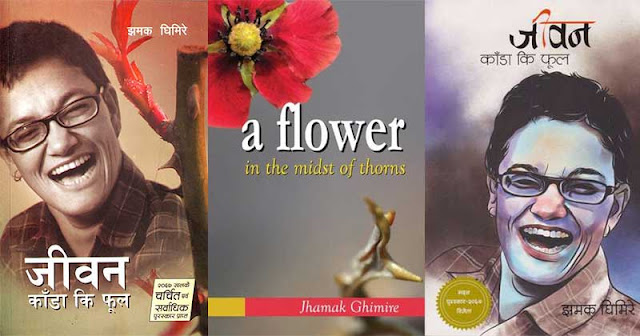STOP KILLING COWS
Cows have a special place in the Hindu religion. They are sacred and revered in all respects. Even cow's dung and urine are used to purify the altar. Thus, a Hindu puja can't be consummated without a cow's dung and urine. This animal is so revered in Hindu culture that she is called Gau Mata (the cow mother). Devout Hindus always touch cows with reverence and expect blessings.
The cow is regarded as a very special animal in many parts of the world. More especially, in India and Burma, cows are respected and treated humanely. But in Nepal, the cow is not only important from a religious point of view; she is our national animal as well. This is the reason why cows are protected by the law, and they can't be hurt, let alone slaughtered.
Well, whatever is said about the cows, it sounds very satisfactory and understandable indeed! However, Nepali law is the victim of poor implementation. Unfortunately, our law itself creates a contradiction regarding the honor and dignity of cows. If this is not true, why does our law permit us to import beef and allow it to be eaten? The law does not permit one to slaughter a cow in the country. But if beef is allowed to be imported and consumed, will it not encourage people to slaughter it in the country?
This is not only an apprehension. The import of beef has eventually encouraged many unscrupulous people to slaughter cows and sell their meat locally. In the recent past, a police team of the Ward Police Office in Khudrikhola, Lahan, arrested Mohammad Sabir. The police had caught him red-handed selling beef. The police seized about 40 kg of beef from his possession. In the recent past, an investigation team from the Department of Commerce raided various meat shops in Kathmandu, where beef was discovered being sold in the market by some. Hasna Manandhar and Anil Gupta from Balaju were also detained for selling beef for a long time.
The bitter reality is that there are many places across the country where cows are slaughtered and their meat is supplied to hotels and restaurants. Such things are performed clandestinely and go unnoticed unless reported to the police by a source.
Shree Kamal Nayan Gautam, a Hindu philosopher and orator, said, "Without a doubt, cows have an important place in Hindu religion. Moreover, it is also our national animal. If this is the case, why does the government not put a complete ban on the import and sale of beef in the country? This sounds ridiculous on the part of Nepali law that allows importing and eating beef but does not allow slaughtering in the country."
Today, beef is available in many malls and department stores across the country, and it is served in several hotels and restaurants. There are several restaurants and hotels in Kathmandu and Pokhara where beef is included on their menus. When I asked one of the restaurant owners in Pokhara if mentioning beef on the menu was legal, he made a sarcastic laugh at me and retorted, "The law has permitted us to import beef." When the import of beef is legal, eating and displaying it on the menu can be illegal!" I was stunned at his answer.
It is a sheer paradox to learn that we respect the cow as a national animal, call her 'Gau Mata', and at the same time our law allows importing her meat and selling it locally. Such a facility of the law has only made a mockery of national animals. I am dead sure that if an open survey is conducted, most Nepalis will vote for putting an immediate ban on the import and consumption of beef in the country.
Let's pay humble respect to our national animal with
complete reverence. In a real sense, the cow has such a significant value in
Nepali society that importing her meat will only relegate us to our own eyes,
and a sense of guilt will overwhelm us. Will our so-called lawmakers pay any
heed to an issue as sensitive as this?
LB Thapa is the publisher and editor of The Hemingway Post, a literary magazine.










.png)
Comments
Post a Comment